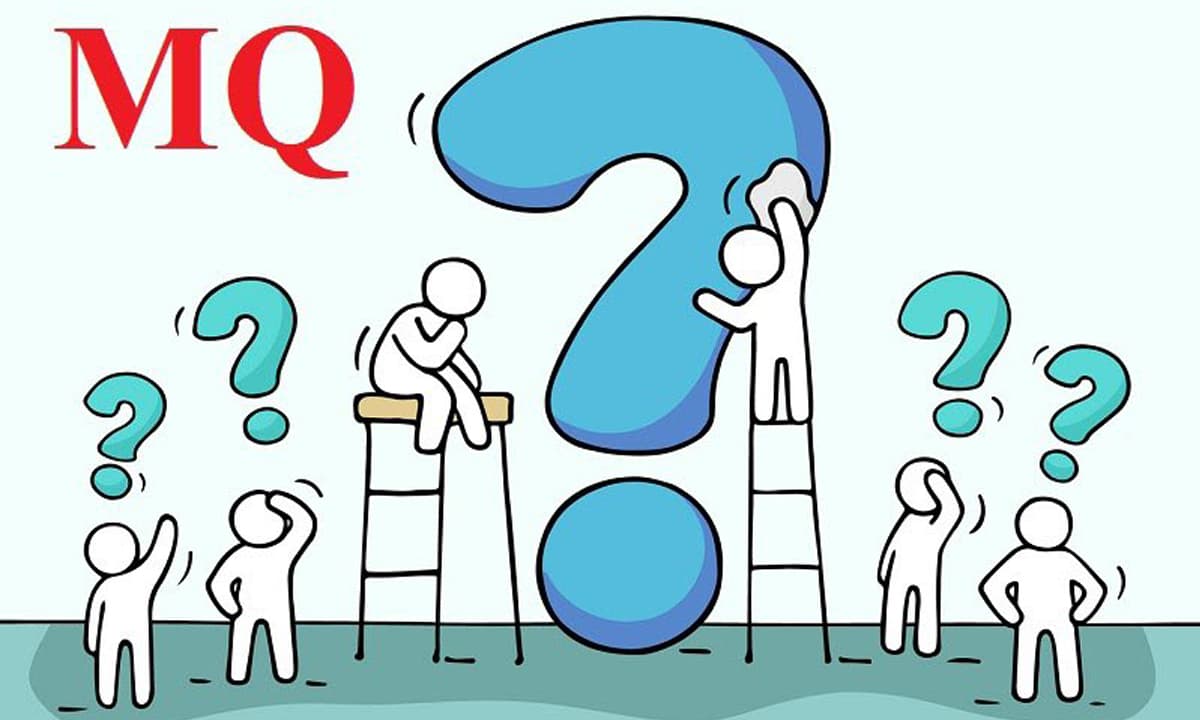OpenAI Halts Progress on Its Competitor to Meta

OpenAI is delaying the release of its much-anticipated open-weight AI model, citing the need for “additional safety tests” and last-minute concerns over “high-risk areas,” CEO Sam Altman announced on X (formerly Twitter). The decision lands in the middle of a brutal AI arms race, particularly with Meta, which has been aggressively poaching OpenAI talent and championing open-source models like Llama 3.
The model, which was slated to drop this week, would be OpenAI’s first major open-weight system, meaning developers would be free to download and use the model’s underlying code and data weights to build their own apps, research projects, or commercial tools. But as Altman pointed out, once these models are released, “they can’t be pulled back.” That’s the nature of open-source, and it’s exactly why this delay is raising eyebrows across the AI community.
“While we trust the community will build great things with this model, once weights are out, they can’t be pulled back,” Altman wrote on X (formerly Twitter) on July 11. “This is new for us and we want to get it right.”
we planned to launch our open-weight model next week.
we are delaying it; we need time to run additional safety tests and review high-risk areas. we are not yet sure how long it will take us.
while we trust the community will build great things with this model, once weights are…
— Sam Altman (@sama) July 12, 2025
What Does “Open-Weight” Mean, and Why Does It Matter?
In AI, “weights” are the millions of numerical values that act like the model’s brain wiring, allowing it to make connections and decisions. When a company releases a model as “open-weight,” it’s not just sharing a blueprint; it’s giving away the fully functional brain. Developers are free to download it, modify it, and use it for everything from building chatbots and productivity tools to creating deepfakes and other malicious applications.
Open-sourcing models accelerates innovation, but it also raises the risk of misuse, misinformation, and untraceable custom versions. That’s why the decision to delay, while frustrating to many, signals that OpenAI is trying to tread cautiously, especially as criticism around AI safety and “model leaking” intensifies.
Rumors Swirl: What’s the Real Reason for the Delay?
According to developer chatter online, the delay may have been triggered by a major technical issue discovered just before launch. The rumored model was expected to be smaller than Kimi K2—the new open-weight model from Chinese AI startup Moonshot AI that reportedly clocks in at nearly a trillion parameters—but still “super powerful,” according to early testers. Kimi K2, which is taking on ChatGPT with impressive coding capabilities at a lower price, was released on July 11, the same day as Altman’s announcement.
While some online speculators blamed the delay on Kimi’s unexpectedly strong performance and a fear of being outshone, there’s no confirmation of that from OpenAI. What is clear is that the company is feeling the pressure to deliver something that is safe, fast, and competitive.
Rumors that OpenAI delayed their open-source model because of Kimi are fun, but from what I hear:
– the model is much smaller than Kimi K2 (<< 1T parameters)
– super powerful
– but due to some (frankly absurd) reason I can’t say, they realized a big issue just before release, so…— Yuchen Jin (@Yuchenj_UW) July 13, 2025
The Meta Factor
OpenAI’s delay comes at a time when Meta is eating its lunch, at least in the open-source department. Mark Zuckerberg’s company has released increasingly powerful open-weight models like Llama 3, all while quietly hiring away top OpenAI researchers. The talent war is real, and it’s affecting timelines and strategy across the board.
By delaying this release, OpenAI may be hoping to avoid a flawed launch that could dent its credibility at a critical moment. But it also risks falling further behind Meta, which has already become the go-to platform for developers looking to build with transparent, modifiable AI tools.
What’s Next?
OpenAI hasn’t offered a new timeline for the release. That silence is fueling speculation that the delay could last weeks. If retraining is truly on the table, it could push the launch closer to the fall.
For now, the open-source community is in wait-and-see mode. And the question hanging over it all: Can OpenAI deliver a model that is powerful, safe, and competitive enough to match Meta’s momentum and keep the Chinese rivals at bay? In other words, can they get it right before someone else does?








